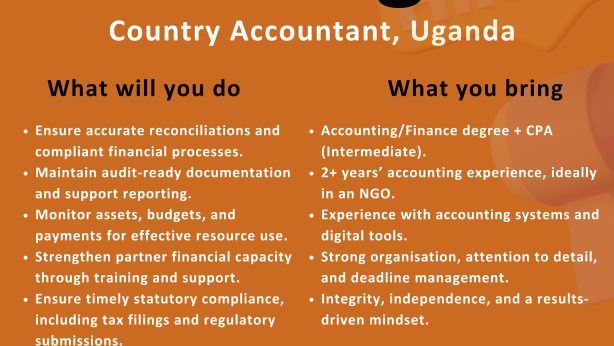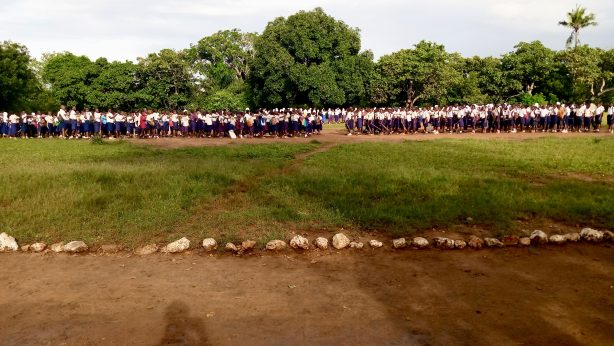Bugisu leaders grapple with citizens’ priorities
Uganda’s unemployment crisis, rising cost of living, and struggling health system once again took centre stage as Bugisu leaders gave mixed reactions to new research capturing citizens’ views on the country’s biggest challenges.
The debate unfolded on Wednesday, October 1, 2025, during the launch of Twaweza Uganda’s Sauti za Wananchi factsheet titled: The people’s priorities, across the regions at Mbale Court View Hotel. The nationally representative survey highlights what Ugandans see as the most pressing issues both at the household and national levels.
According to the findings, unemployment (39%) and poor health services (39%) top national concerns, followed closely by the high cost of living (33%). At the household level, hunger and drought (40%), unemployment (39%), and access to health care (34%) dominate.
Marie Nanyanzi, Twaweza’s Senior Programme Officer, warned against “one-size-fits-all” policies. “Youth priorities consistently rank unemployment, health services, corruption, and cost of living as the top challenges. But these vary regionally; hunger is a minor issue in Kampala but a major concern in rural Uganda,” she explained, urging policymakers to make agriculture more attractive to young people.
Patrick Muhindo from the Office of the Prime Minister acknowledged the government’s past failures under the National Development Plan (NDP III) but said lessons are being applied in the new NDP IV.
“We must collectively act to drive the country forward, focusing on productivity, strategic infrastructure, human capital development, private sector growth, and job creation,” he said. Still, Muhindo aimed at youth idleness: “Why would an able youth sit all day watching movies when we have resources at our disposal? Leaders must guide the population instead of engaging in blame games.”
Soroti District planner Richard Oboi invoked the late Robert Mugabe, warning that lowering education standards undermines every sector, from engineering to health.
Rights activist Abbas Wetaka decried rampant corruption: “We have good laws and policies, but choke on implementation. No one wants to convene district integrity forums anymore because leaders are allergic to accountability.”
For Mbale and the surrounding districts, the findings struck a familiar chord. James Bamwele, Manafwa District Planner, pointed to jobless graduates turned boda-boda riders as proof of the unemployment crisis.
Kapchorwa Planner Mayamba Josepert said education reforms were demotivating teachers while leaving local governments struggling to fill vacancies.
Hamza Wamono, Mbale District Public Accounts Chairperson, warned against ignoring income inequality: “We must move away from bedroom discussions and dive into practical interventions.”
Even UBOS statistician Paul Okudi raised questions about definitions. “When you talk about unemployment, what do you mean? Someone who has been jobless for six months? Or anyone not formally employed? We need clarity to interpret the 39% figure.”
Despite differences, one concern united the room: unemployment is eating at Uganda’s future. Mbale RCC Hamza Banja, who officiated the launch, underscored the desperation.
“On Pallisa Road, you find hundreds of young people at Sino Park waiting for anything to do. They already have jobs, but the question is, can what they earn meet even basic needs?”
As the discussions wrapped, one thing was clear: the Twaweza report has not only laid bare citizens’ anxieties but also re-ignited long-simmering debates about whether Uganda’s leaders are listening, or simply repeating old promises.


